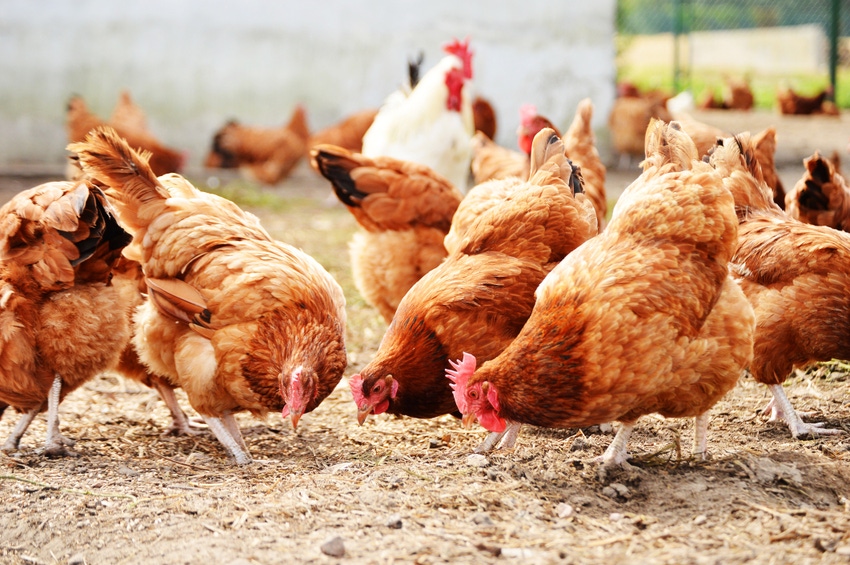USDA updates virulent Newcastle disease situation
Quarantine imposed on poultry in four zones in southern California.
February 5, 2019

During the week of Jan. 25-31, the U.S. Department of Agriculture’s Animal & Plant Health Inspection Service (APHIS) confirmed 26 cases of virulent Newcastle disease in California's Los Angeles, Riverside and San Bernardino counties.
APHIS also reported that an additional 84 cases were confirmed between Dec. 21, 2018, and Jan. 24, 2019. These detections occurred during the recent government shutdown, and while APHIS employees were responding to the detections during that time, the weekly update messages and updates to the APHIS website were not completed. The delayed updates include two commercial cases in Riverside County, Cal., and one case in backyard exhibition chickens in Utah County, Utah, which had been announced during the shutdown.
APHIS said the affected flocks were quickly euthanized to help prevent additional disease spread and eradicate the disease more quickly.
As of Feb. 4, the California Department of Food & Agriculture (CDFA) imposed a quarantine on poultry — including chickens, turkeys, ducks, geese, partridges, pheasants, quail, guinea fowl, peafowl (peacocks), doves, pigeons, grouse, swans and ratites — in four areas of Riverside and San Berardino counties, including Muscovy, Ontario, Mira Loma and Perris. Under the quarantine, poultry owners in the affected zones are to hold, segregate and isolate their birds on their current premises or euthanize and dispose of poultry that cannot be isolated, CDFA said.
USDA is announcing confirmed Newcastle disease cases weekly. Cases are still being tested and confirmed as they are identified. A complete list of confirmed cases is available on the APHIS website at www.aphis.usda.gov/animalhealth/vnd.
Samples from the flocks were tested at the California Animal Health & Food Safety Laboratory System. The APHIS National Veterinary Services Laboratories in Ames, Iowa, confirms all findings. APHIS is working closely with CDFA to respond to these findings and to conduct an epidemiological investigation. Federal and state partners are also conducting additional surveillance and testing in the area, APHIS said.
In addition to practicing good biosecurity, all bird owners should report sick birds or unusual bird deaths to state/federal officials either through their state veterinarian or USDA’s toll-free number at 1-866-536-7593.
Additional information on biosecurity for backyard flocks can be found at Biosecurity for Birds.
You May Also Like



